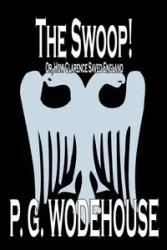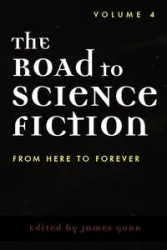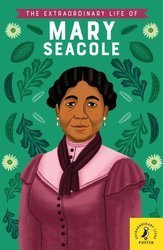Literatura piękna po angielsku na T
( ilość produktów: 23 )Książki obcojęzyczne - T : Literatura piękna

The Conquest of Happiness - Russell Bertrand
- Autorzy:
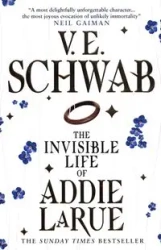
The Invisible Life of Addie LaRue - Schwab V.E.
- Autorzy:
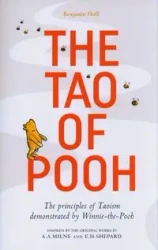
The Tao of Pooh wer. angielska - Benjamin Hoff
- Autorzy:

To Italy, With Love - Nicky Pellegrino
- Autorzy:

The Daughter of Auschwitz - Tova Friedman, Malcolm Brabant
- Autorzy:

The Little Prince. Collector's Library. Boxed edition - Antoine de Saint-Exupery
- Autorzy:

The Iliad. Collector's Library - Homer
- Autorzy:
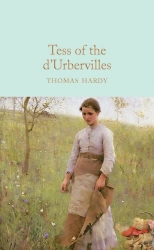
Tess of the d'Urbervilles. Collector's Library - Thomas Hardy
- Autorzy:

To the Lighthouse. Collector's Library - Virginia Woolf
- Autorzy:

Tales of the Jazz Age. Collector's Library - Francis Scott Fitzgerald
- Autorzy:
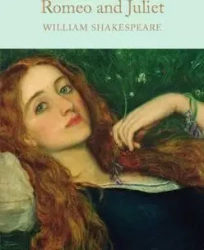
Romeo and Juliet. Collector's Library - William Shakespeare
- Autorzy:
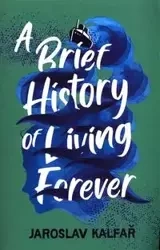
A Brief History of Living Fore

The Love Wager - Lynn Painter
- Autorzy:
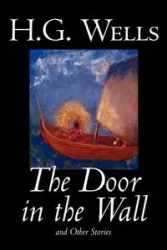
The Door in the Wall and Other Stories by H. G. Wells, Science Fiction, Literary - Wells H. G.
- Autorzy:

Things We Never Got Over - Lucy Score
- Autorzy:

The Midnight Library - Matt Haig
- Autorzy:
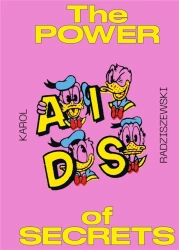
The Power of Secret - Karol Radziszewski
- Autorzy:
Powieści i opowiadania po angielsku dla osób doskonalących umiejętności językowe
Kategoria "Książki po angielsku na T" w naszej księgarni internetowej Matfel.pl oferuje wiele różnych gatunków literatury angielskiej, zaczynającej się na literę T. Niezależnie od tego, czy jesteś fanem powieści, nowel czy prozy, na pewno znajdziesz tutaj coś dla siebie.
Gatunek powieściowy jest jednym z najpopularniejszych wśród czytelników. W kategorii "Książki po angielsku na T" znajdziesz powieści, które zaskoczą Cię różnorodnością tematów i stylów pisania. Od klasycznego romansu i książek obyczajowych, po wciągające thriller i niezwykłe powieści fantastyczne, możesz być pewien, że znajdziesz coś interesującego dla siebie.
Jeśli preferujesz krótsze formy, warto sięgnąć po nowele. Kategoria "Książki po angielsku na T" oferuje nowele o różnych tematykach, które potrafią w krótkim czasie zapewnić niesamowitą przygodę czytelniczą.
Proza to popularny gatunek, który można znaleźć w kategorii "Książki po angielsku na T". Ta forma literatury jest o wiele łatwiejsza od wierszy i pozwala czytelnikowi podążyć za historią, niezależnie od tego, czy opowiada o codziennym życiu czy o ważnych wydarzeniach historycznych.
Odkryj klasyki literatury angielskiej
Kategoria "Książki po angielsku na T" w naszej księgarni internetowej Matfel.pl to doskonałe miejsce do odkrywania klasyków literatury angielskiej. Wiele tytułów znajdujących się w tej kategorii to ikony światowej literatury, które z pewnością zapadły w pamięć wielu czytelnikom.
Takie klasyki jak "To Kill a Mockingbird" czy "The Great Gatsby" to pozycje, które znalazły się na listach najlepszych powieści wszech czasów. Czytanie tych dzieł pozwoli Ci w pełni docenić bogactwo języka angielskiego i literackie mistrzostwo autorów.
W kategorii "Książki po angielsku na T" znajdziesz także epicką sagę fantasy autorstwa J.R.R. Tolkiena - "The Lord of the Rings". Ta trylogia to nie tylko bajkowa historia o walce dobra ze złem, ale także skarb dla miłośników literatury i fanów fantastyki.
Rozwijaj język angielski i poznawaj kulturę
Książki po angielsku na T to nie tylko doskonała okazja do rozwoju umiejętności językowych, ale również szansa na poznanie różnych kultur i tradycji. Czytanie literatury anglojęzycznej pozwoli Ci wgłębić się w świeże perspektywy i zrozumieć inne spojrzenie na świat.
Czytanie w języku angielskim zapewnia nie tylko rozrywkę, ale również możliwość nauki. Odkrywanie nowych słów, zwrotów i gramatyki pomoże Ci zwiększyć swój zasób językowy i poprawić płynność w komunikacji.
Dlatego, jeśli chcesz rozwijać swoje umiejętności językowe i rozkoszować się ciekawymi i najbardziej cenionymi na świecie historiami, to kategoria "Książki po angielsku na T" w naszej księgarni internetowej Matfel.pl jest idealnym miejscem dla Ciebie. Niezależnie od gatunku literatury, na pewno znajdziesz coś dla siebie. Przeżyj niezapomniane chwile z literaturą angielską i amerykańską i rozkoszuj się bogactwem tego uniwersalnego języka!

